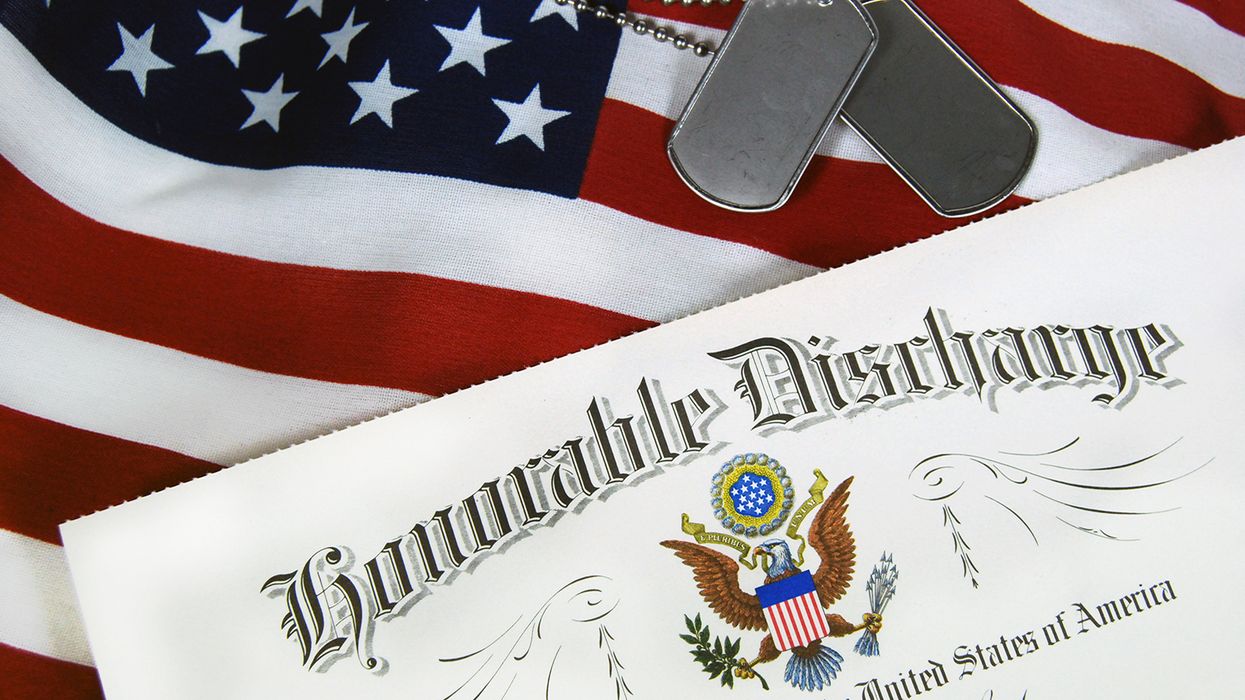Got employees in the National Guard? They might need time off to serve in U.S. cities
Los Angeles and Washington, D.C., have seen an increase in U.S. military personnel from the National Guard to support federal and local law enforcement. Other cities, such as Chicago and New York, could also see an increase in National Guard members being deployed.
Those National Guard members likely have civilian jobs. Their military duties, even within the U.S. borders, could result in them needing time off from work. That time off falls under the federal Uniformed Services Employment and Reemployment Rights Act (USERRA).
What is USERRA?
The USERRA is a federal law that protects employees’ jobs when those employees need to take time off from work to perform military duties. It protects service members' reemployment rights when returning from a period of military service, including those called up from the reserves or National Guard. It also prohibits employer discrimination based on military service or obligation.
Employees don’t have to meet any eligibility criteria before they can take military leave. They must, however, meet five criteria to return to work:
- They must have been absent from a civilian job because of military duty;
- They must have given their employer advance notice that they were leaving the job for military duty, unless military necessity precluded notice or it was otherwise impossible or unreasonable;
- The cumulative period of military service while with that employer must not have exceeded five years, with some exceptions;
- They must not have been released from the military under dishonorable or other punitive conditions; and
- They must have reported back to their civilian job promptly or submitted a timely application for reemployment unless the timely reporting back or application was impossible or unreasonable.
Employers must return these employees to the job that they would have attained had they not taken military leave; this is known as the escalator position. Specifically, the employees are given the same seniority, status, and pay, as well as other rights and benefits determined by seniority.
USERRA also requires employers to make reasonable efforts (such as training or retraining) to enable returning servicemembers to qualify for reemployment.
If an employee can’t qualify for their previous job, the employer must reemploy them, if qualified, in any other position that is the nearest approximation to the escalator position and then to the pre-service position.
While employees are performing military service, employers must deem them to be on a furlough or leave of absence. As such, they’re entitled to the non-seniority rights and benefits given to other similarly situated individuals on non-military leave.
Key to remember: Employers might see an uptick in employee military leave requests as those employees could need time off to serve in the military, even if that duty is within the U.S. borders.




















































